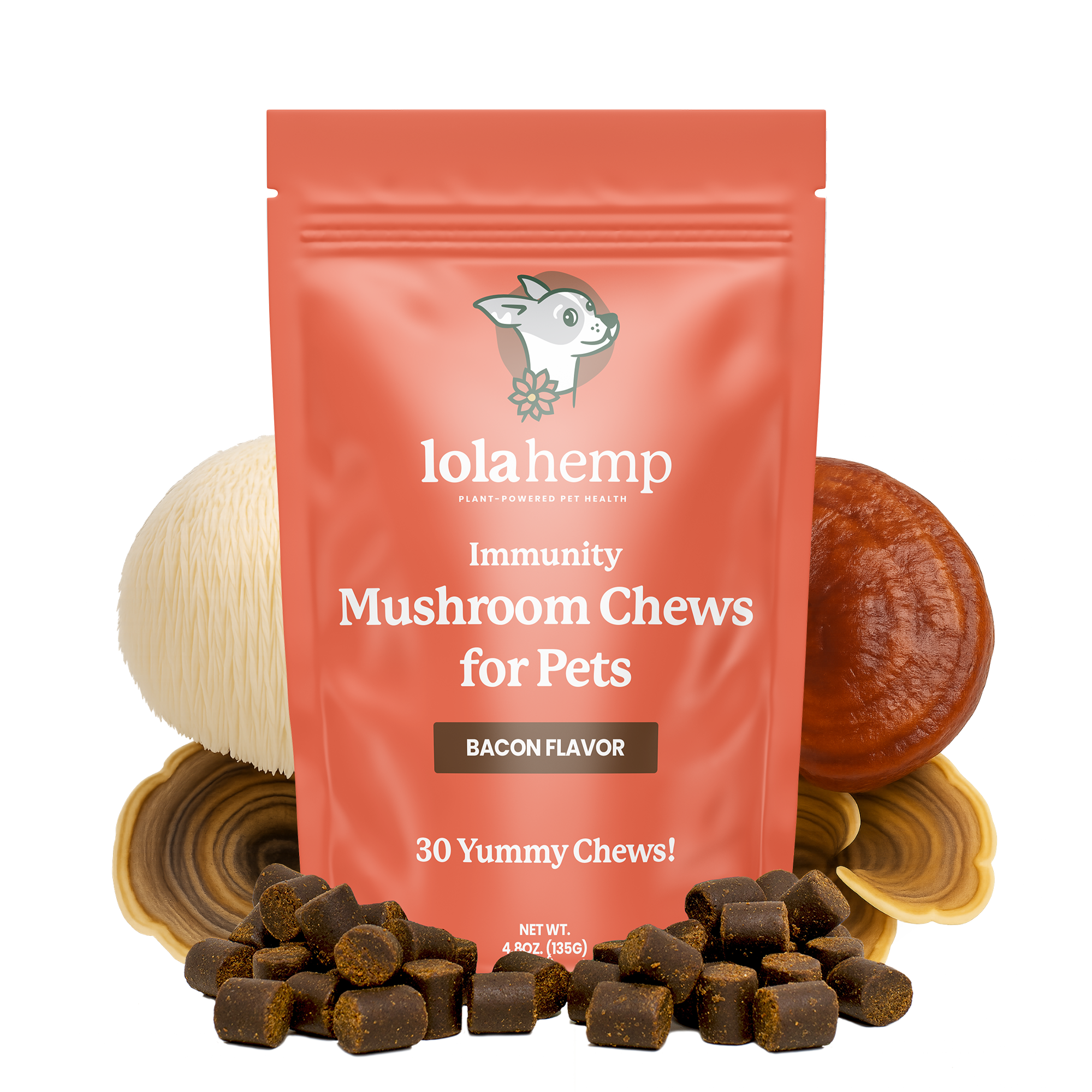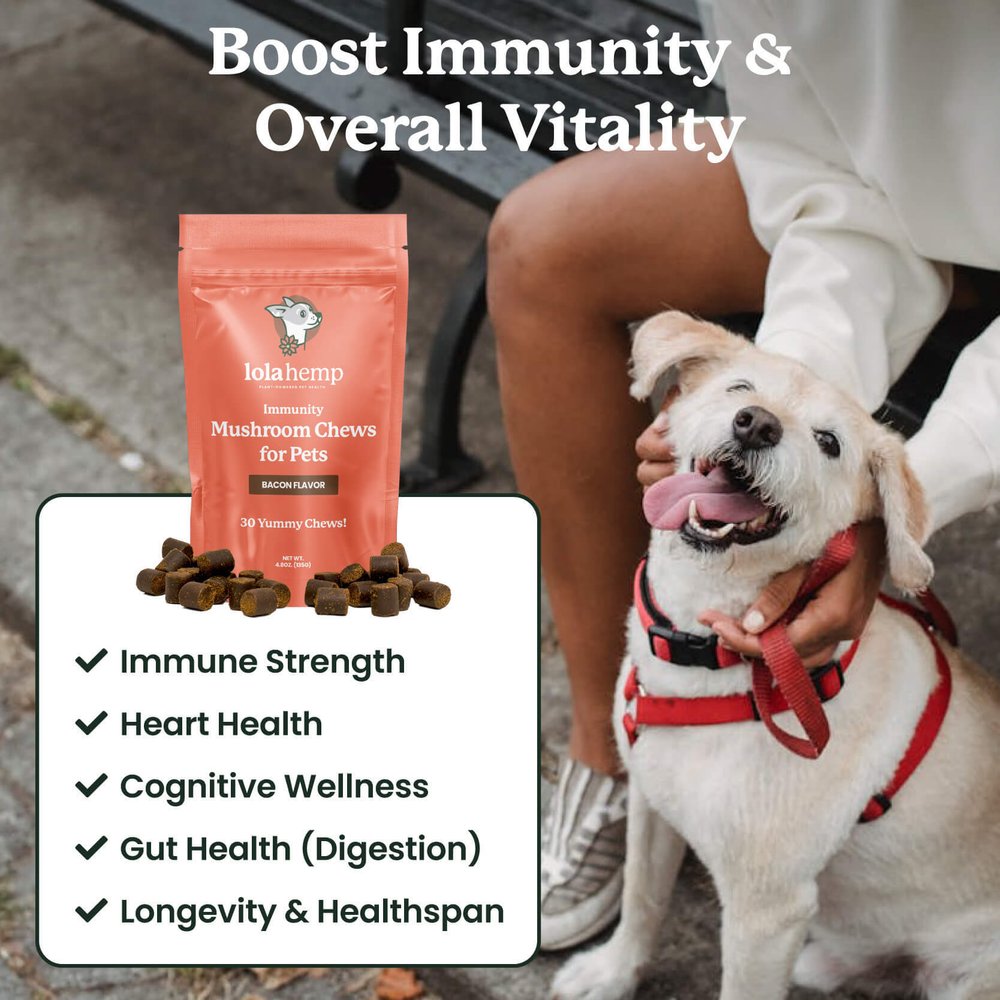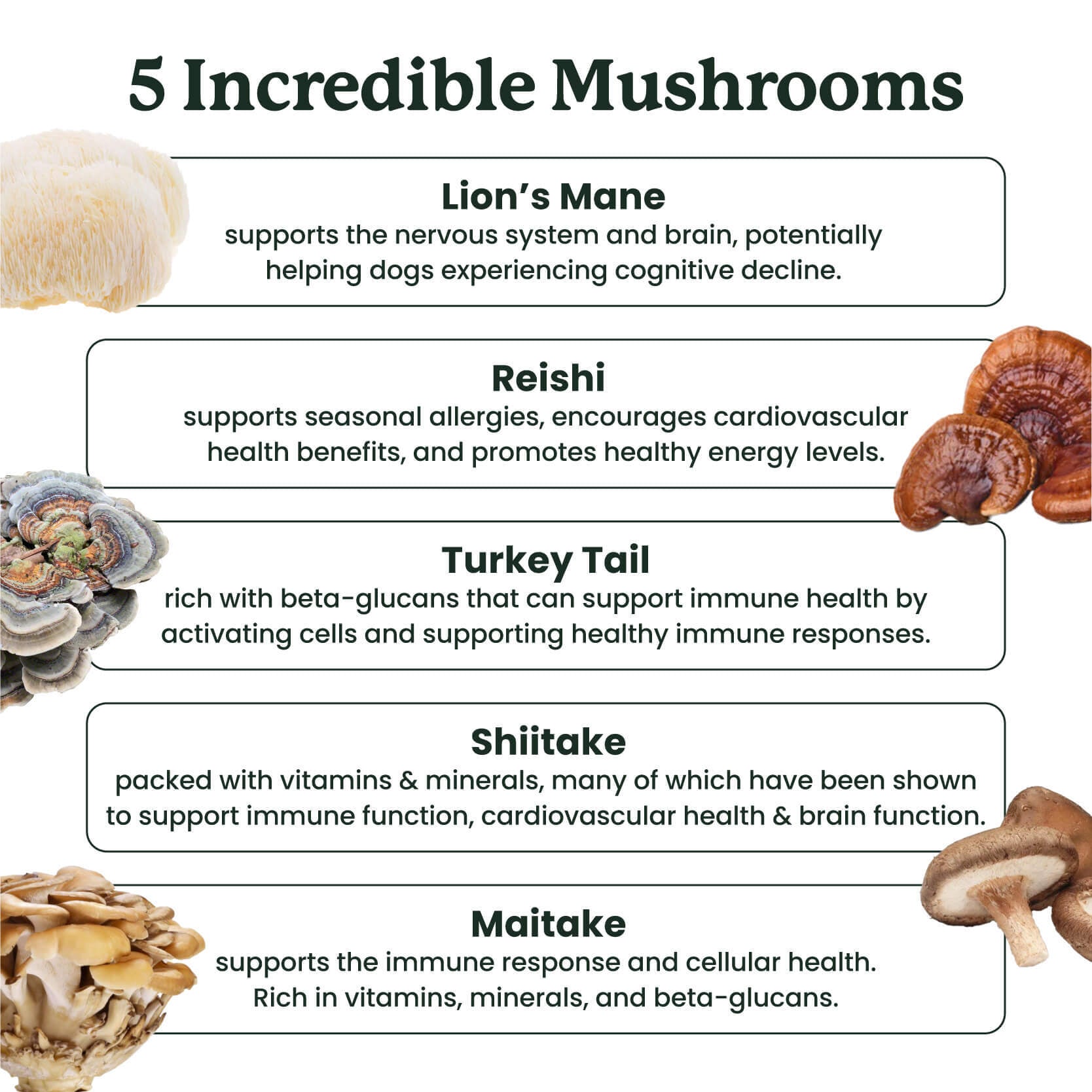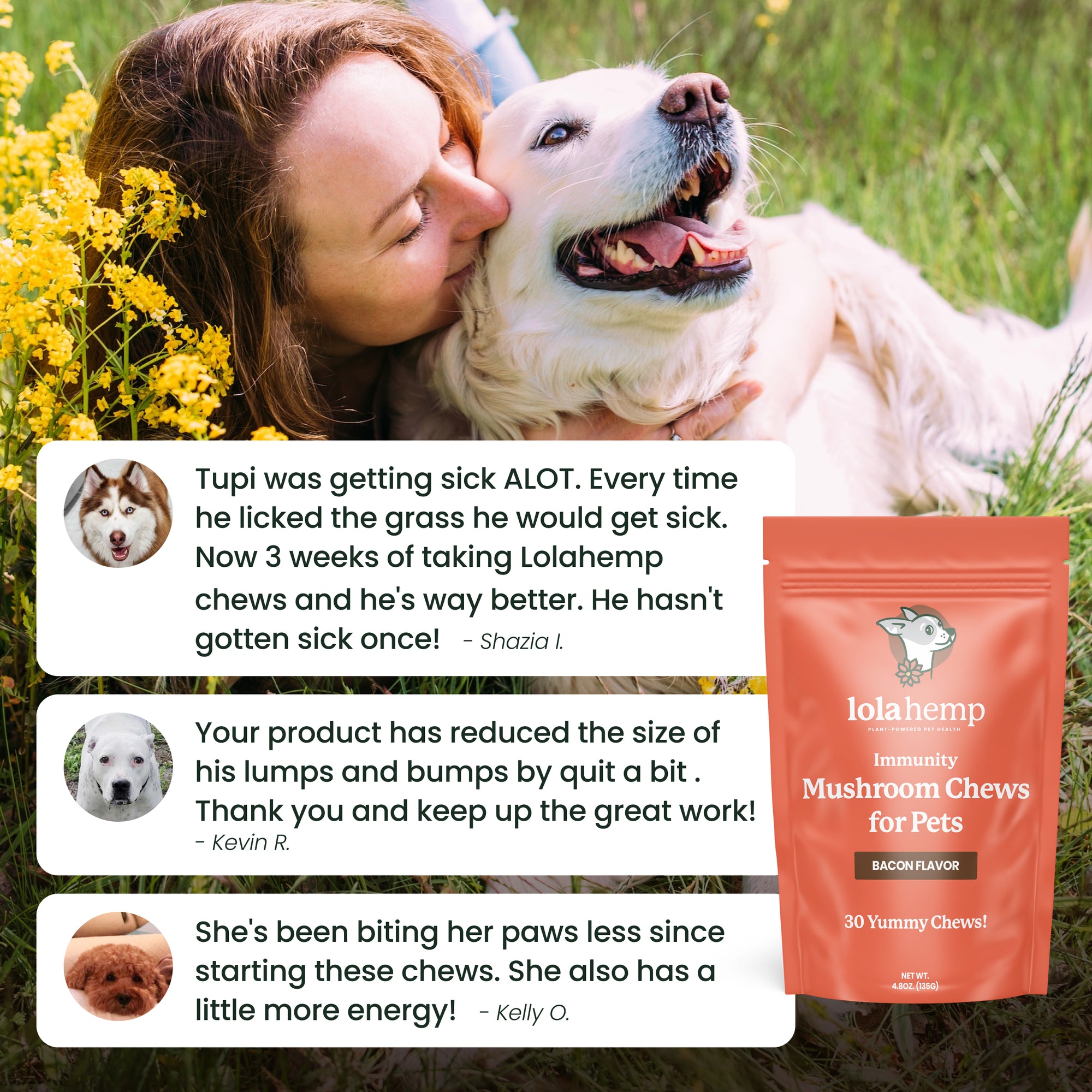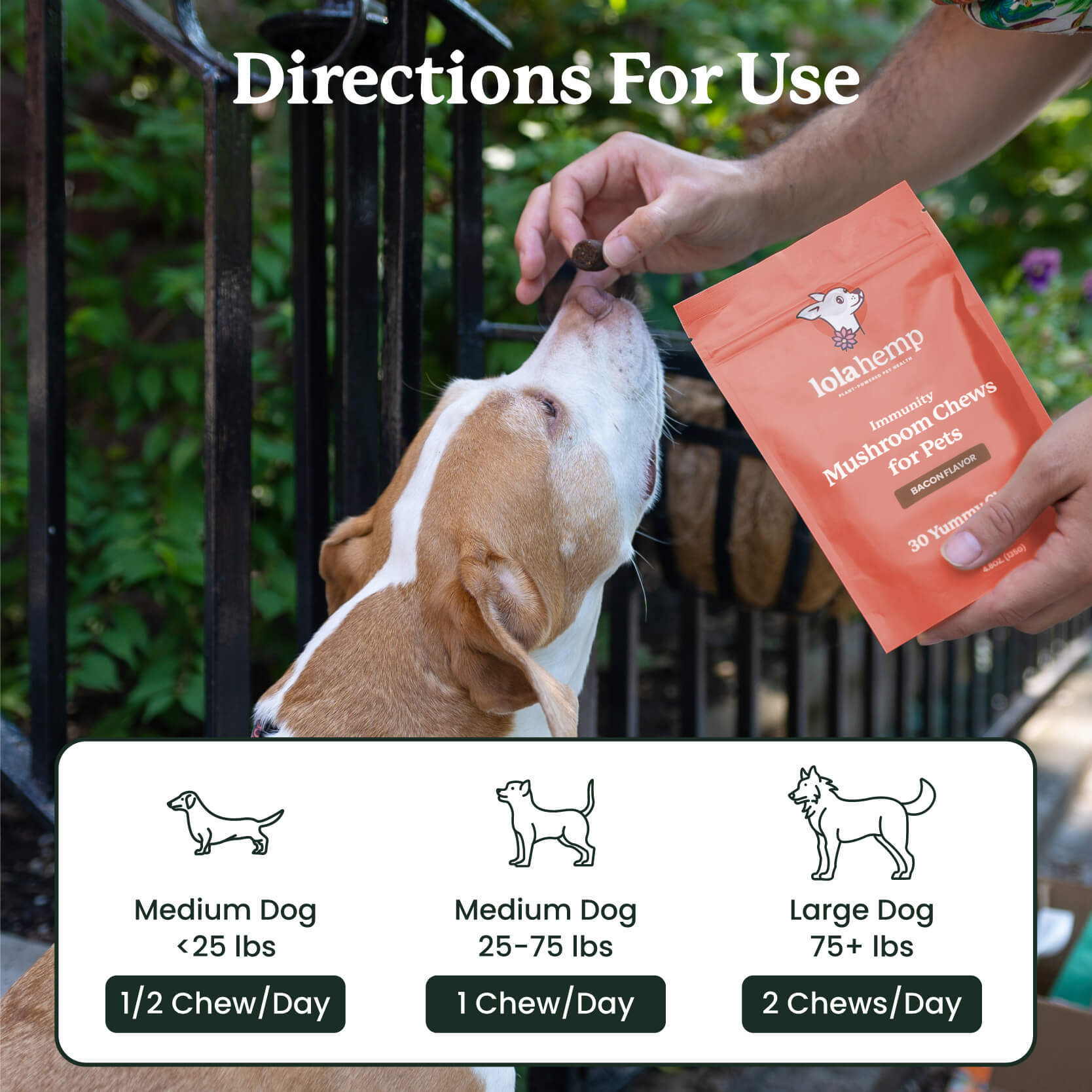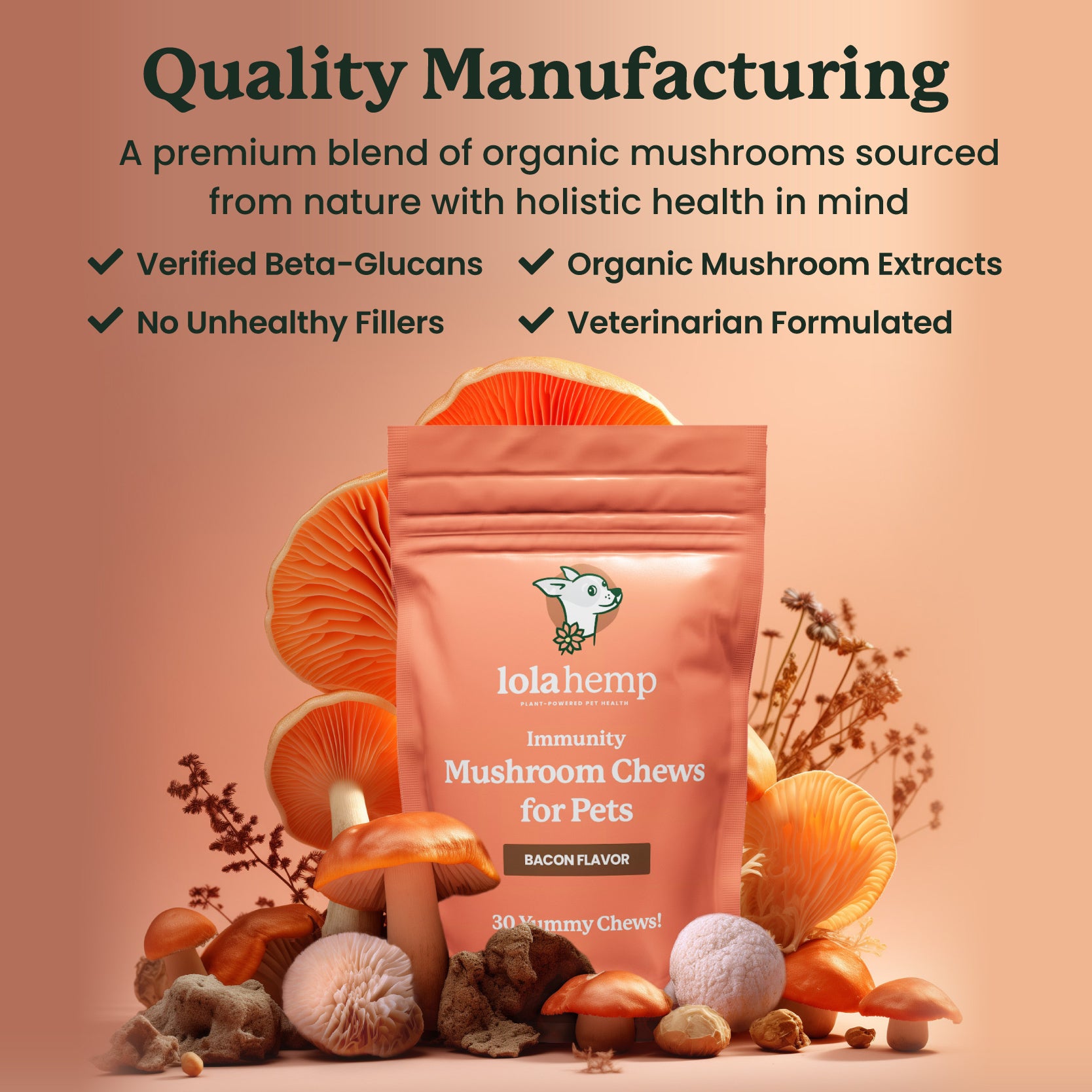If your dog has itchy skin, their behaviors could lead to more serious issues down the line. Itching, licking, biting, and scratching at skin increase the chances of your dog getting an infection or developing a hotspot.
In most cases, the cause of itchiness is allergies. Your dog's food can have a direct impact on their allergic reactions, particularly if they have a food allergy. This article discusses the best dietary options for dogs with itchy skin, and how these options could benefit your pup.
Try Hypoallergenic Foods First
Hypoallergenic foods are a great option to start with. If your dog is dealing with a food allergy, hypoallergenic foods allow start relieving their symptoms before you even identify the allergy.
It's important to seek veterinary care and identify the particular allergy, but starting with a hypoallergenic food allows you to provide relief to your dog right away. These foods typically use a protein source like venison, duck, kangaroo, and salmon.
These are protein sources that are much less likely to cause allergic reactions in dogs.
Hydrolyzed Foods are a Great Option
Hydrolyzed dog foods are specially processed to break down proteins and carbohydrates into smaller, easier-to-digest molecules. This process helps reduce the likelihood of triggering allergies or sensitivities in dogs, making them ideal for pets with food-related skin issues or digestive concerns. By breaking down proteins into smaller fragments, hydrolyzed diets prevent the immune system from recognizing them as allergens, helping to manage symptoms like itching, gastrointestinal upset, or ear infections.
Popular veterinary brands, including Hill’s Prescription Diet z/d, Royal Canin Hydrolyzed Protein, and Purina Pro Plan Veterinary Diets HA Hydrolyzed, offer specialized formulas that can be used as part of an elimination diet or long-term allergy management. If your dog is experiencing food sensitivities, a hydrolyzed diet can help improve their overall health and comfort.
Immune-Supporting Supplements Can be a Great Addition
Immune-boosting supplements like mushroom extracts, turmeric, and omega fatty acids can play a key role in supporting your dog's overall health.
Mushroom extracts, such as Reishi or Turkey Tail, are rich in antioxidants and beta-glucans, which help strengthen the immune system and fight inflammation. Turmeric, known for its active compound curcumin, offers powerful anti-inflammatory and antioxidant benefits, supporting both the immune system and joint health. Omega fatty acids—found in fish oil and flaxseed—are essential for reducing inflammation, promoting a healthy coat, and enhancing immune function.
These supplements can be particularly beneficial for dogs with chronic inflammation, skin issues, or immune system challenges. When incorporated into a balanced diet, they help reduce the risk of infections, promote healing, and maintain a strong immune response. Always consult your vet before adding new supplements to your dog's routine to ensure they’re suitable for your pet’s individual needs.
Conclusion
The first step in addressing your dog's allergy symptoms is to visit the veterinarian. Your veterinarian will tell you the source of the allergy, foods to avoid, and what to expect in terms of results.
Hypoallergenic foods, hydrolyzed foods, and immune-boosting supplements can offer some additional relief and resilience to allergies in the future. A commitment to supporting your dog's immune health through their diet can be effective over time, so talk with your veterinarian and stick with it!
Frequently Asked Questions About Foods for Dogs With Itchy Skin
What foods help reduce itchy skin in dogs?
Hypoallergenic foods, hydrolyzed diets, and foods with novel proteins like venison, duck, salmon, and kangaroo may help reduce itchiness in dogs with food sensitivities.
Are hydrolyzed foods good for dogs with allergies?
Hydrolyzed foods can be helpful for dogs with allergies because the proteins are broken down into smaller molecules that are less likely to trigger allergic reactions.
Can supplements help with itchy skin in dogs?
Yes, supplements like mushroom extracts, turmeric, and omega fatty acids can support immune function and reduce inflammation that contributes to itchy skin.
Should I see a vet before changing my dog’s diet for itchy skin?
Yes, visiting a veterinarian is important to determine the cause of the itchiness and identify which foods or ingredients to avoid.
Do omega fatty acids help dogs with itchy skin?
Omega fatty acids can help reduce inflammation, promote a healthier coat, and support overall skin health for dogs with itchy skin.

